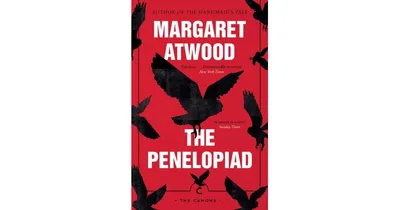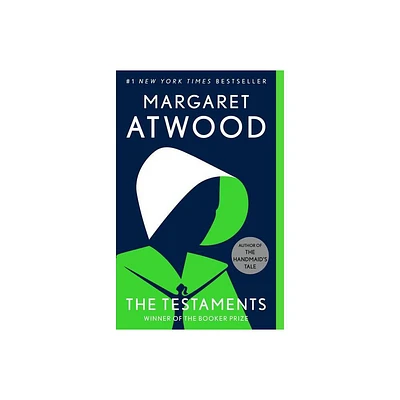Home
Posthumanity the Anthropocene: Margaret Atwood's Dystopias
Loading Inventory...
Barnes and Noble
Posthumanity the Anthropocene: Margaret Atwood's Dystopias
Current price: $170.00


Barnes and Noble
Posthumanity the Anthropocene: Margaret Atwood's Dystopias
Current price: $170.00
Loading Inventory...
Size: Hardcover
*Product Information may vary - to confirm product availability, pricing, and additional information please contact Barnes and Noble
In this book, Margaret Atwood’s dystopian novels—
The Handmaid’s Tale
, the
MaddAddam
trilogy,
The Heart Goes Last
, and
The Testaments
—are analyzed from the perspective provided by the combined views of the construction of the posthuman subject in its interactions with science and technology, and the Anthropocene as a cultural field of enquiry. Posthumanist critical concerns try to dismantle anthropocentric notions of the human and defend the need for a closer relationship between humanity and the environment. Supported by the exemplification of the generic characteristics of the cli-fi genre, this book discusses the effects of climate change, at the individual level, and as a collective threat that can lead to a "world without us." Moreover, Margaret Atwood is herself the constant object of extensive academic interest and Posthuman theory is widely taught, researched, and explored in almost every intellectual field. This book is aimed at worldwide readers, not only those interested in Margaret Atwood’s oeuvre, but also those interested in the debate between critical posthumanism and transhumanism, together with the ethical implications of living in the Anthropocene era regarding our daily lives and practices. It will be especially attractive for academics: university teachers, postgraduates, researchers, and college students in general.
The Handmaid’s Tale
, the
MaddAddam
trilogy,
The Heart Goes Last
, and
The Testaments
—are analyzed from the perspective provided by the combined views of the construction of the posthuman subject in its interactions with science and technology, and the Anthropocene as a cultural field of enquiry. Posthumanist critical concerns try to dismantle anthropocentric notions of the human and defend the need for a closer relationship between humanity and the environment. Supported by the exemplification of the generic characteristics of the cli-fi genre, this book discusses the effects of climate change, at the individual level, and as a collective threat that can lead to a "world without us." Moreover, Margaret Atwood is herself the constant object of extensive academic interest and Posthuman theory is widely taught, researched, and explored in almost every intellectual field. This book is aimed at worldwide readers, not only those interested in Margaret Atwood’s oeuvre, but also those interested in the debate between critical posthumanism and transhumanism, together with the ethical implications of living in the Anthropocene era regarding our daily lives and practices. It will be especially attractive for academics: university teachers, postgraduates, researchers, and college students in general.


















